Introductory Psychology Open Course: Unit 16
Treatment of Mental Illness
In this unit we'll consider different approaches to treating mental illness which will draw upon the various approaches and subfields we've learned in psychology throughout this course. Approaches may focus on biological, behavioral, cognitive, or social factors in treating the symptoms of mental illness, and many psychiatrists will draw upon several of these, taking what's known as an eclectic approach to treatment. We'll also consider the challenges of determining the effectiveness of treatments, as many of the cognitive biases we've learned previously will play a role in assessing improvement.
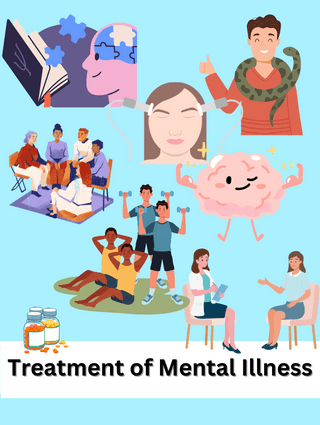
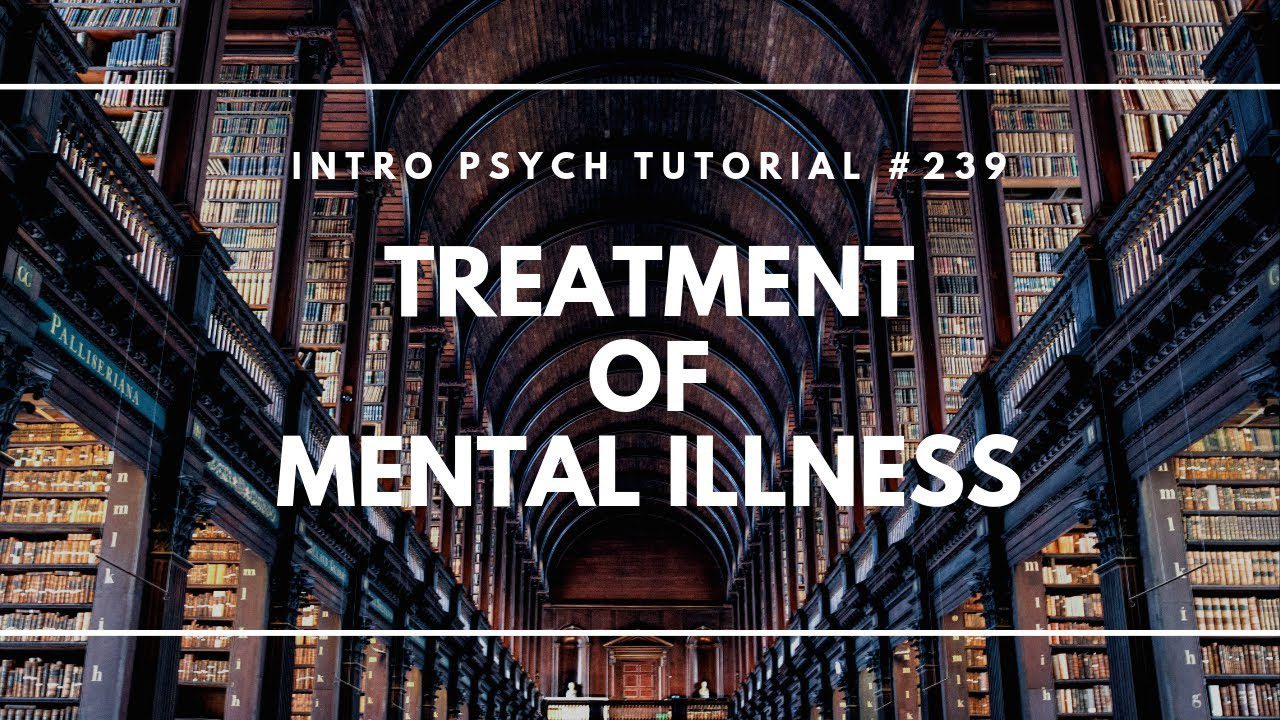
Introduction to Treatment of Mental Illness
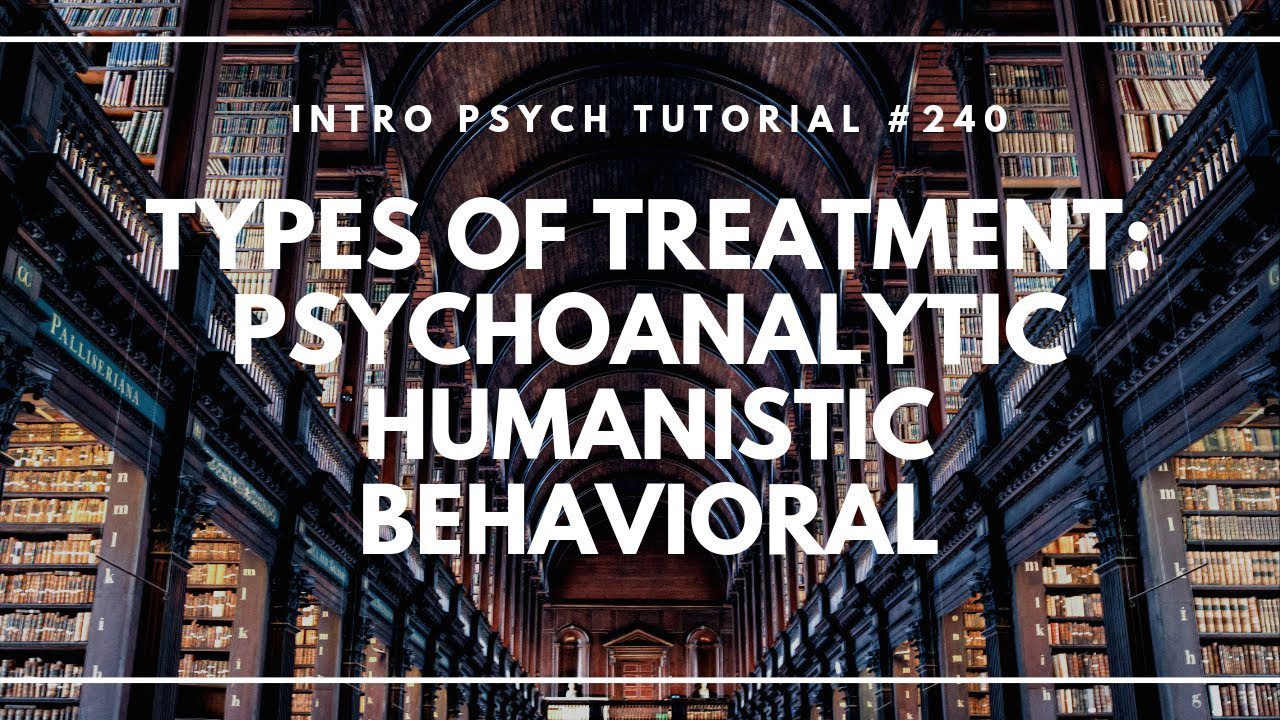
Psychoanalytic, Humanistic, & Behavioral Approaches to Treatment
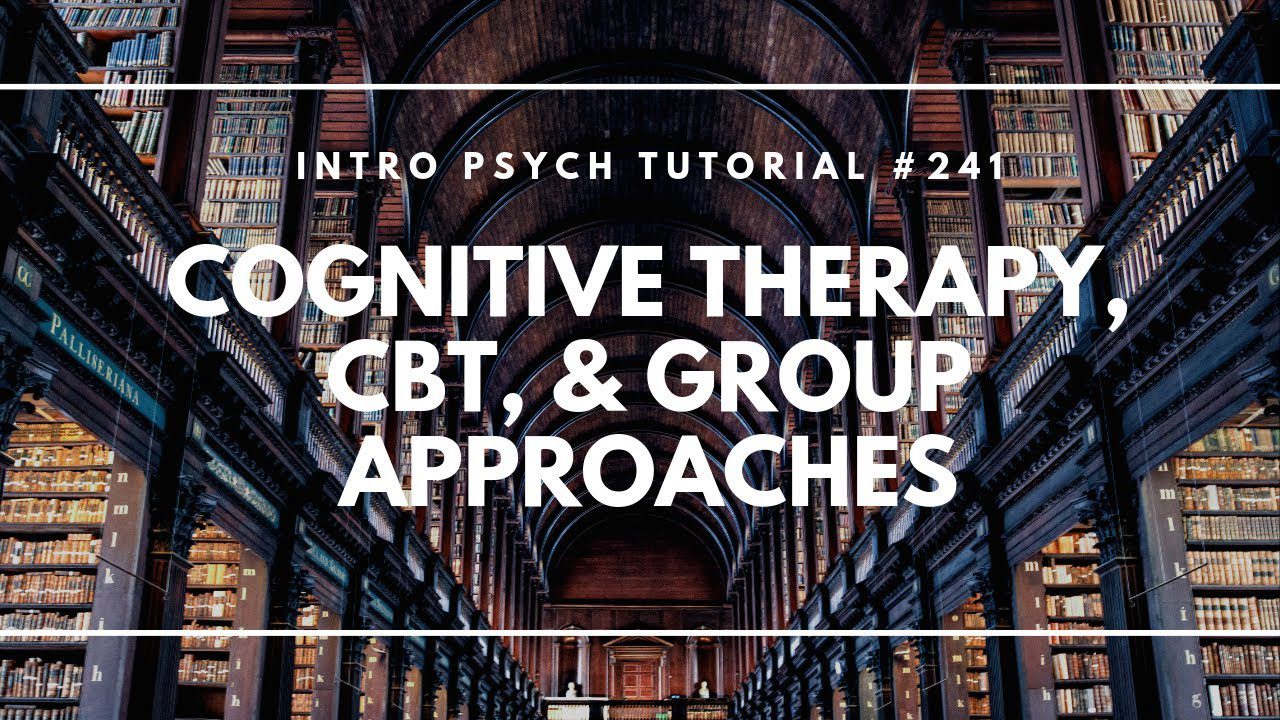
Cognitive Therapy, CBT, & Group Approaches to Treatment
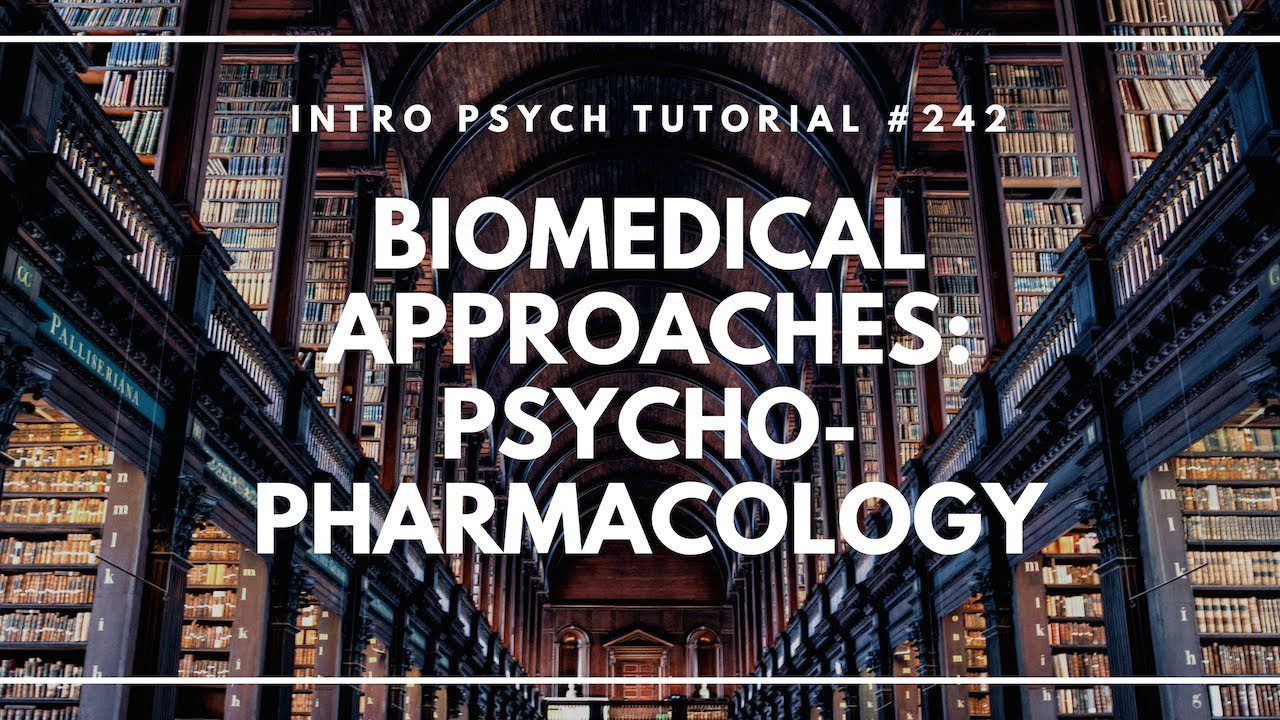
The Psychopharmacological Approach
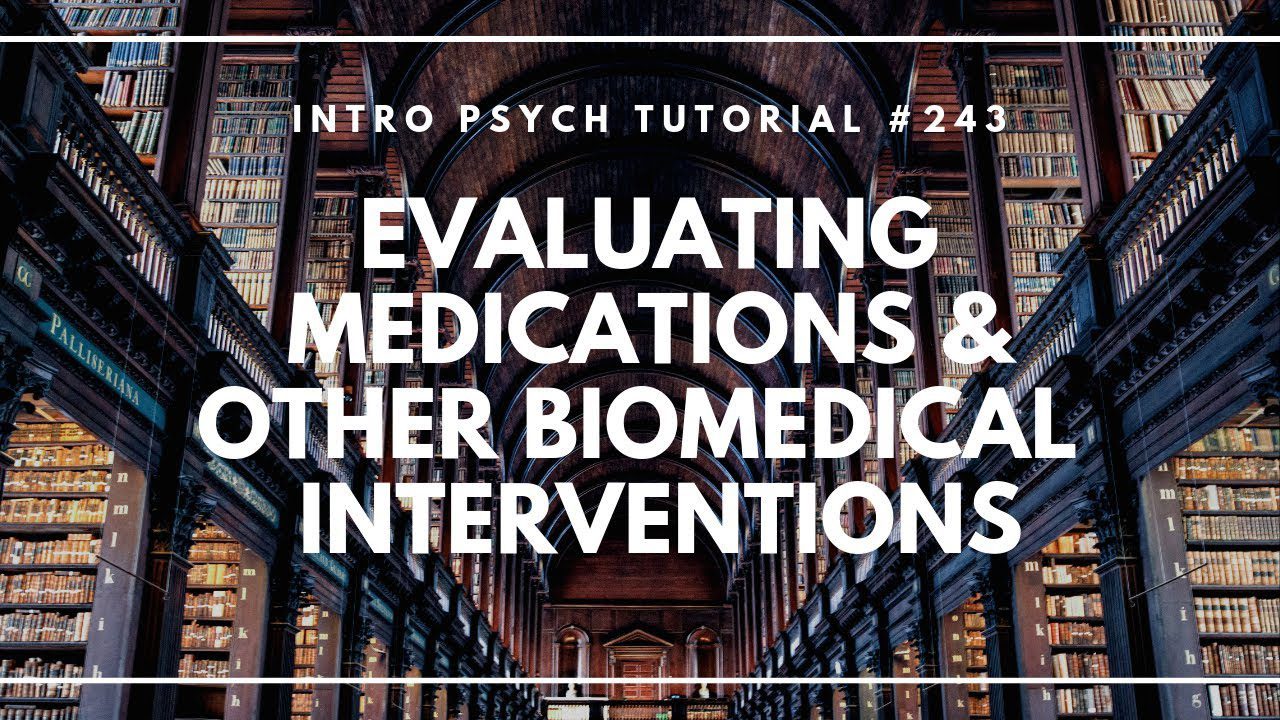
Evaluating Medications & Other Biomedical Interventions
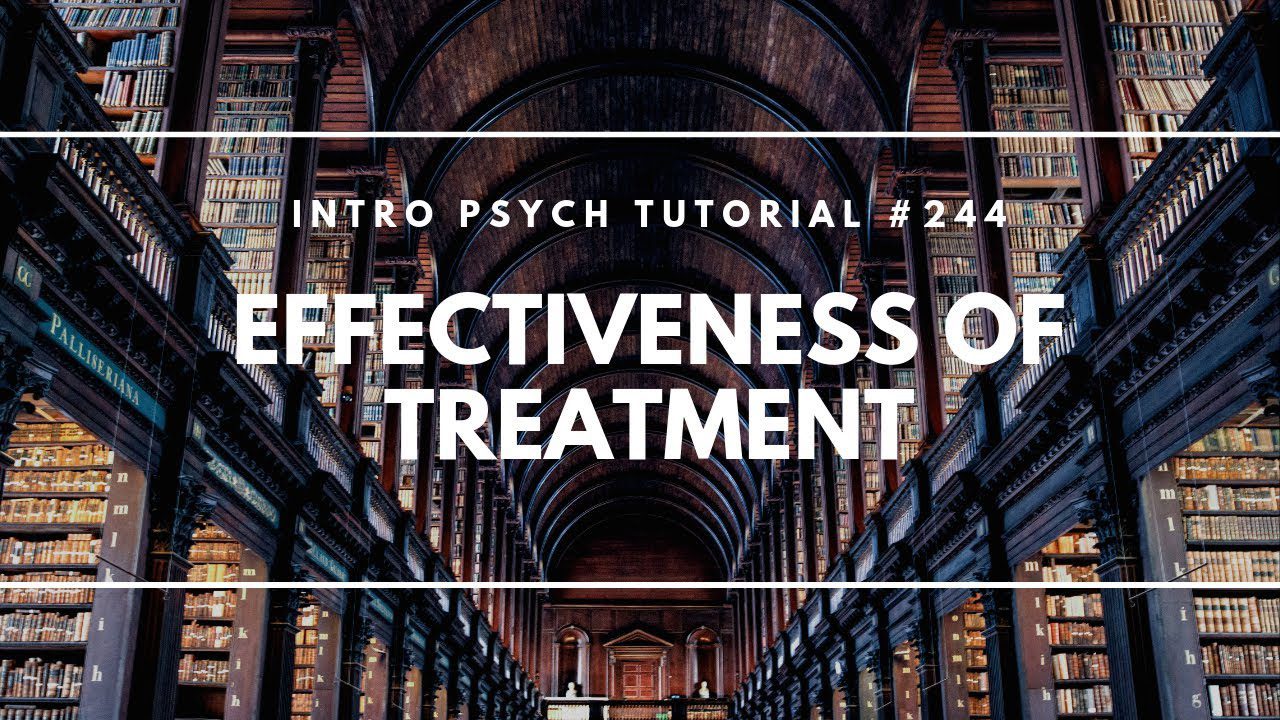
How do we know if a treatment works?

Comparing Effectiveness of Treatments & The Role of Lifestyle Factors
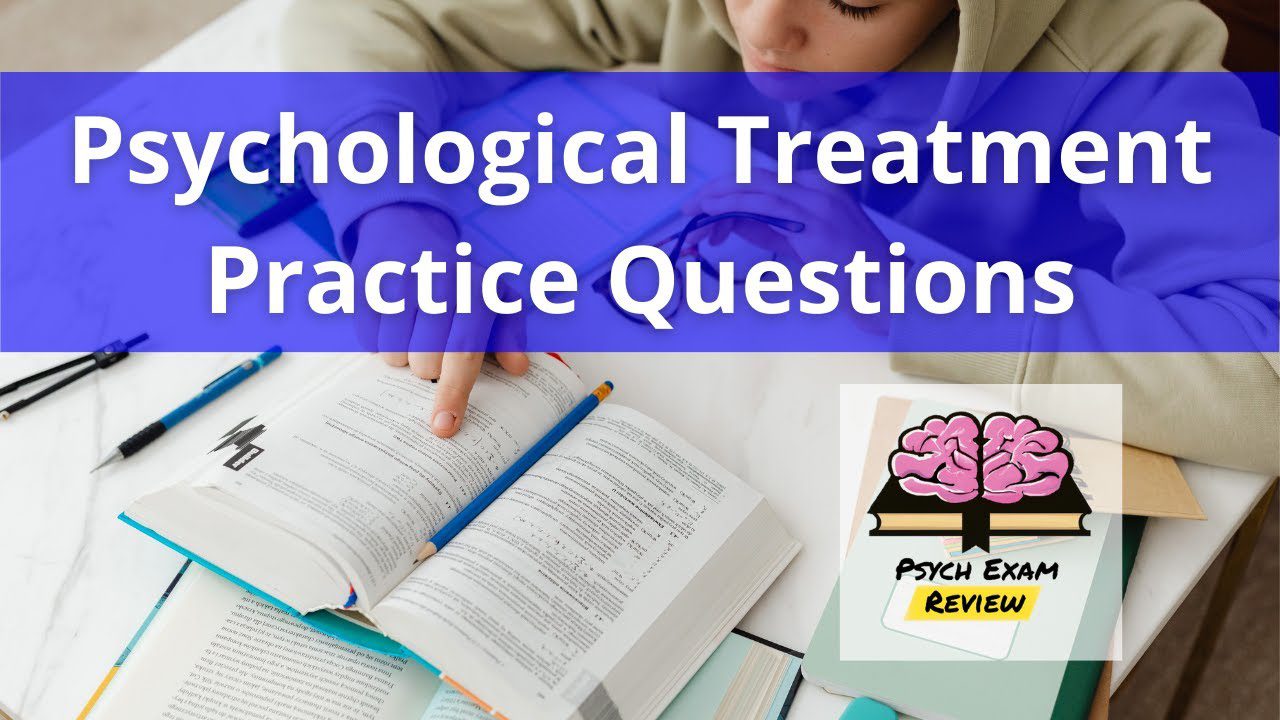
Additional Resources:
